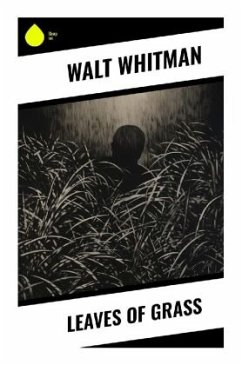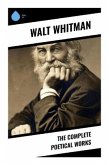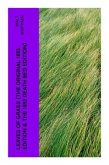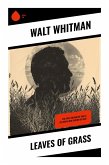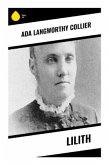Walt Whitman's "Leaves of Grass" is a groundbreaking collection of poetry that embodies the transcendentalist spirit of the 19th century while pioneering a distinctly American voice. First published in 1855, this work utilizes free verse, eschewing traditional meter and rhyme to capture the essence of the American experience. Through vivid imagery and an eloquent celebration of the self and nature, Whitman explores themes of democracy, individuality, sexuality, and the interconnectedness of all life. The poem "Song of Myself" serves as a central piece, inviting readers to reflect on their own existence and the collective human experience. Walt Whitman, often heralded as one of America's most influential poets, was deeply influenced by the tumultuous social and political climate of his time. Growing up in a working-class family amidst the early stirrings of modern America, he was an advocate for inclusivity and democracy. His firsthand experiences as a journalist and a volunteer nurse during the Civil War profoundly shaped his perspectives on humanity, leading him to write a poetry that embraces the diversity and complexity of American life. "Leaves of Grass" is essential reading for those seeking to understand the evolution of American literature and the profound interplay between the individual and society. Whitman's work encourages readers to embrace their uniqueness and recognize their part in the tapestry of humanity, making it a timeless masterpiece that resonates even today.
Bitte wählen Sie Ihr Anliegen aus.
Rechnungen
Retourenschein anfordern
Bestellstatus
Storno

